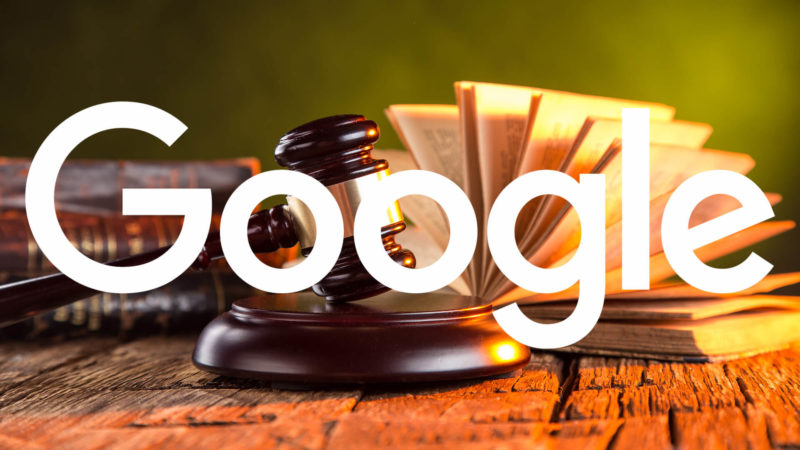
Chegg vs. Google: The Legal Battle over AI Content Use
In a striking lawsuit that could alter the landscape of digital content sharing, Chegg, a prominent education technology company, is taking a stand against Google. Chegg’s allegation is significant: Google’s AI Overviews feature is reportedly siphoning off website traffic and revenue by providing users with AI-generated content that utilizes Chegg’s proprietary information—without compensation. This development raises urgent questions about the ethical implications of AI in the digital marketplace, particularly regarding how content creators are compensated for their work.
The lawsuit, currently in progress in the U.S. District Court for the District of Columbia, highlights three critical arguments. First, Chegg asserts “Reciprocal Dealing,” claiming that Google essentially mandates companies to contribute proprietary content for inclusion in its search results. This lack of reciprocity raises significant concerns for businesses reliant on web traffic. Second, there is the issue of “Monopoly Maintenance.” Chegg argues that Google’s dominant position in the search market undermines its competitors—fostering an unhealthy business environment. Lastly, the concept of “Unjust Enrichment” is at play; Chegg argues that Google financially benefits from leveraging its content while offering no compensation in return.
The repercussions of this lawsuit extend beyond Chegg’s immediate circumstances. Reports of a staggering 49% decline in non-subscriber traffic underscore the floundering nature of its business—highlighting the vulnerability of companies relying heavily on digital content. With a net loss of $6.1 million amidst declining revenues, the financial impact is alarming. This legal challenge presents a pivotal moment, potentially serving as a catalyst for other companies that may be experiencing similar pressures from Google’s AI developments.
Furthermore, this situation possesses broader implications for the quality and availability of educational content. The importance of preserving diverse, high-quality content in the educational sector should not be underestimated. It invites a reassessment of how AI is integrated into search results—not just for Chegg, but for the entire digital community.
As the implications of the lawsuit unfold, the connection between digital content management and URL shortening emerges. For companies seeking to survive in a volatile digital arena, the challenge lies in optimizing their web presence while navigating AI integration. URL shorteners and link management tools can play a pivotal role in enhancing visibility and improving traffic metrics, which could be a lifeline for digital education and content providers facing similar hurdles as Chegg.
In an era where every click counts, services such as link shorteners provide a strategic way to maintain a digital footprint. Custom domains and short link makers enhance brand visibility and can be crucial for companies striving to reclaim their audience amidst heavy competition.
As this case progresses, the industry should closely monitor the developments. The outcome may shape future practices surrounding content sharing, giving voice to concerns regarding fair compensation and competitive integrity.
In conclusion, the Chegg versus Google lawsuit represents a confluence of technology, legal precedent, and the ethics of AI content use. This moment may prove to be a bellwether for companies in similar boats, highlighting the necessity for strategic avenues to navigate the ever-evolving digital landscape.
#BitIgniter #LinksGPT #UrlExpander #UrlShortener #SEO #DigitalMarketing
Want to know more: Read more here

